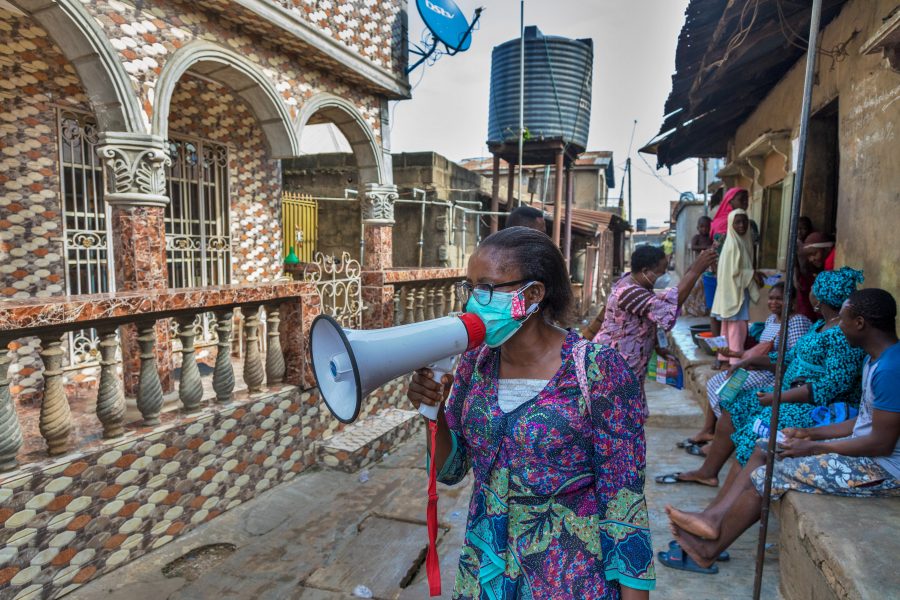This past week, rumours began to make the rounds on social media in what underscores the deepening epidemic of misinformation in Nigeria.
An unverified report claiming that the HIV prevalence in Port Harcourt had jumped to 86% spread rapidly like a sandstorm, stirring confusion and alarm online.
The Federal Ministry of Health and Social Welfare promptly debunked the claims, describing them as utterly fabricated and stressing that no state in the country had prevalence anywhere close to the figures circulated online.
The scale and speed of the rumour highlight the increasing risks facing public-health communication in a digital age. Experts warned that such misinformation can undermine years of progress in HIV treatment and community education.
Boosting HIV awareness
Despite the incident, Nigeria has no shortage of initiatives to check misinformation and boost public awareness. Notable among them is the National HIV/AIDS Strategic Framework, which guides nationwide surveillance, data reporting and national response efforts.
Developed by the National Agency for Control of AIDS (NACA), it draws on research, community-testing programmes and state-level monitoring to generate reliable prevalence rates published in annual reports.
The Ministry of Health’s Surge Project, implemented with PEPFAR and other partners, also plays a vital role by collating community-level testing data to support early detection, treatment access and viral load monitoring.
Several media organisations, including the Nigeria Health Watch and Dubawa, have joined the war to curb the spread of false claims online. Through real-time updates, fact-checking and public-education campaigns, these platforms help dispel fake reports before they escalate.
Long-standing grassroots HIV programmes—such as the Network of People Living With HIV/AIDS in Nigeria and the Society for Family Health—complement these national interventions.
By engaging market women, youths and other community groups, they incorporate education into testing programmes and foster the trust that misinformation often exploits
The recent false alarm is a reminder that evidence-based health information is central to protecting public health in Nigeria. Facts are an effective tool for sustaining national health progress.
And while misinformation may travel fast, Nigeria’s evolving response mechanisms ensure that the truth travels even farther.
Summary not available at this time.






